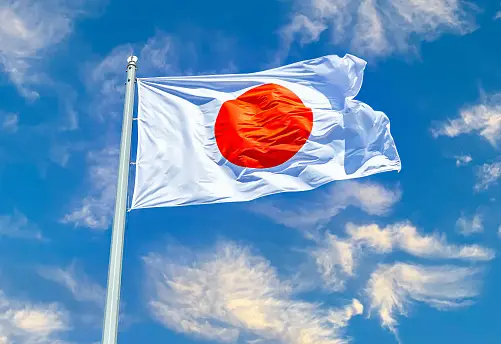All this is to say is that Japan’s Foreign Ministry issued a travel advisory urging Japanese citizens to use extra caution in China, including primarily not talking loudly in Japanese to avoid attention. This is likely the closest to the avoidance particularly regarding conversation. This much is evidently clear. Most of what has been insisted revolves around classic flow of the treated radioactive water often with fear of adverse impacts as has been explained but zoom in a little. There remains a bonafide IAEA clarification to rend out its worsening effects.
Why has a critical instruction been issued? This is certainly due to Japan releasing treated radioactive water or wastewater from its damaged Fukushima power plant into the Pacific Ocean. This is happening 12 years after a nuclear meltdown.That is despite China slapping a ban on Japanese seafood and protests in Japan itself and South Korea.
The release was started carring out on August 24. Environmental organisations, fishing groups, neighbouring countries & environmental organisations have vehemently disagreed with.
Though the quite known United Nations International Atomic Energy Agency (IAEA), the UN nuclear watchdog, green-lit declared that the release plan in July met with the international standards.
Most notably the impact it would have on people and the environment was told to be fairly insignificant as well as negligible. The UN’s atomic regulator says the water will have a measly radiological impact on the people and the environment. But is it safe?The experts’ message remains that the release is safe overwhelmingly, however, not all the scientists settle upon the adverse impact it will have.
Tritium can be found in water all over the world. Many scientists argue if levels of tritium are low, the impact is minimal. But critics say more studies on how it could affect the ocean bed, marine life and humans are required.
The IAEA, which has a permanent office at Fukushima, reportedly said that an open or independent, on-site analysis maintained shown that the tritium concentration in the water discharged was far below the operational limit of 1,500 Becquerels per litre (Bq/L).
That limit is six times less than the World Health Organization’s limit for drinking water, which is at 10,000 Bq/L, a measure of radioactivity. One of three units used to measure radioactivity, referring to the amount of ionizing radiation released when an element (such as uranium) emits energy spontaneously as a result of the radioactive decay (or disintegration) of an unstable atom.
